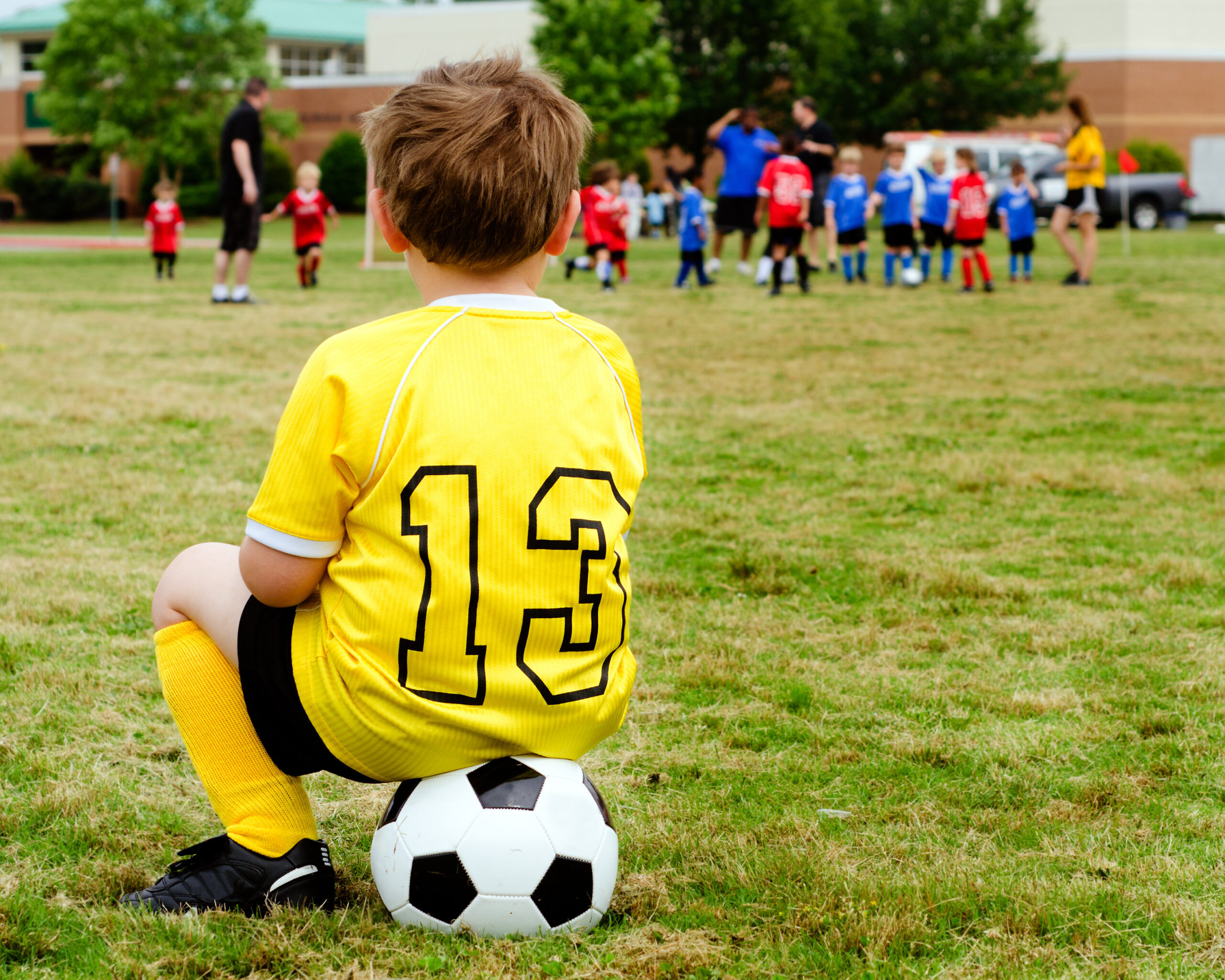Anti-trans sports bills are sweeping the nation, and laws in 23 states currently ban trans kids from participating in the sports they love. A recent study in adolescent health journal JAMA Pediatrics has put forth that this isn’t just unfortunate for trans kids – it’s also bad for their health.
The study’s authors – a group of health services researchers and pediatric sports medicine physicians – explained that “physically active youths have improved mental health outcomes, greater self-esteem and social supports, increased school retention rates, and lower risks for chronic disease and teenage pregnancy.” Anti-trans sports bans, they warned, could lead to “lasting deterioration of the physical and mental health of this at-risk population.”
Related:
Utah judge says trans minors must turn over private health records in sports ban lawsuit
The girls’ lawyers are not happy.
In a conversation with Stat News, one of the authors, Vanderbilt University Medical Center sports medicine fellow Alexander Sin, decried the fact that kids as young as kindergarten are being prevented from joining the sports teams on which they feel most comfortable.
Never Miss a Beat
Subscribe to our newsletter to stay ahead of the latest LGBTQ+ political news and insights.
“Why do we care if there is this little boy who is assigned as female at birth, who wants to play as a boy? What is fairness?”
“They’re trying to build a community and trying to fit in,” Sin continued. “The LGBTQ population is already told that they’re ‘other,’ and they’re different. We don’t know if that causes the higher risk of having mental health issues, but we do see an association between being LGBTQ+ and having mental health issues such as depression, anxiety, and high suicidal risk overall.”
Sin explained that sports can also impact a child’s confidence and development.
“To share experiences with everyone else is a part of growth and maturation. It’s also shown to be beneficial to things like their physical health. It’s also important for other things like reducing teenage pregnancy and school dropouts.”
Sin also discussed the complexities of determining whether trans women actually have any physical advantage over cisgender women. Even if some of them are stronger or faster, he explained, it doesn’t necessarily mean they will take home all the trophies.
“It’s not like you squat more and that translates to you jumping higher, or you can do a heavier bench press, so you can throw things further. There are also techniques and other parts that play into it, because otherwise the strongest person would just win all the medals, and that’s not true.”
But beyond that, Sin questioned whether, for youth sports, it even matters who ends up with a medal.
“At the end of the day, what is most important? Is it that we have more kids playing and allow kids to play, or does it matter who gets a medal at a third-grade competition? I think our emphasis needs to be on their health and wellness. We don’t have to put so much emphasis on who’s winning.”
If you or someone you know is struggling or in crisis, help is available. Call or text 988 or chat at 988lifeline.org. The Trans Lifeline (1-877-565-8860) is staffed by trans people and will not contact law enforcement. The Trevor Project provides a safe, judgement-free place to talk for youth via chat, text (678-678), or phone (1-866-488-7386). Help is available at all three resources in English and Spanish.















